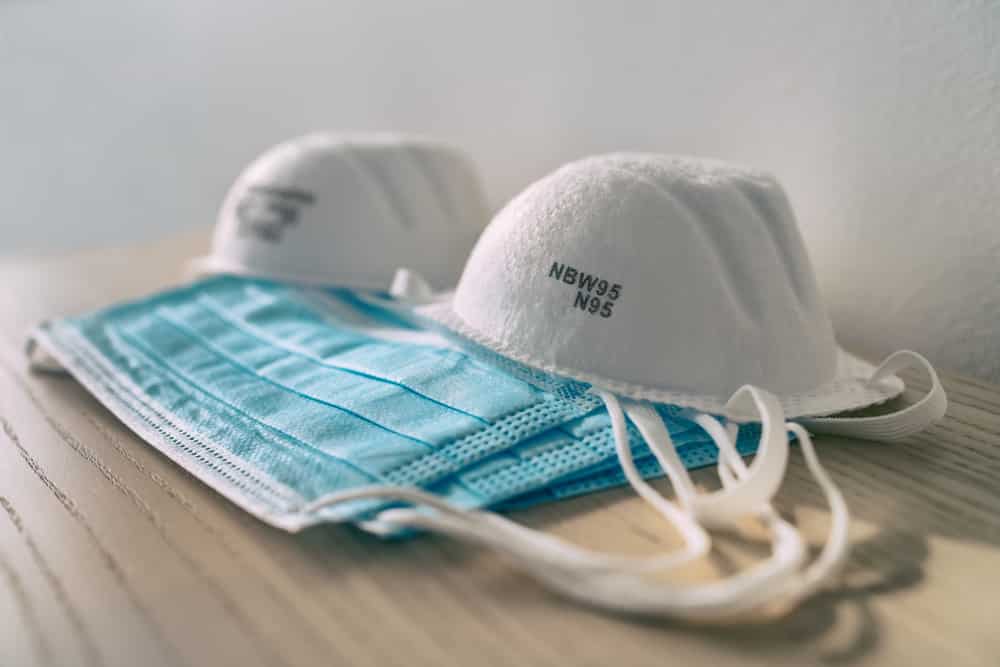Newsletter Signup - Under Article / In Page
"*" indicates required fields
Researchers at Rensselaer Polytechnic Institute in Troy, NY, have developed N95 surgical face masks that are not just barriers to bacteria and viruses, but can also destroy them.
The team said the antiviral, antibacterial masks can be worn for longer, creating less waste as the masks do not need to be replaced as frequently.
Helen Zha, assistant professor of chemical and biological engineering and a member of the Center for Biotechnology and Interdisciplinary Studies at Rensselaer (CBIS), collaborated with Edmund Palermo, associate professor of materials science and engineering and a member of the Center for Materials, Devices, and Integrated systems (cMDIS) at Rensselaer on the project.
“This was a multifaceted materials engineering challenge with a great, diverse team of collaborators,” Palermo said.
“We think the work is a first step toward longer-lasting, self-sterilizing personal protective equipment, such as the N95 respirator. It may help reduce transmission of airborne pathogens in general.”
UV grafting
In research recently published in Applied ACS Materials and Interfaces, the team successfully grafted broad-spectrum antimicrobial polymers onto the polypropylene filters used in N95 face masks.
“The active filtration layers in N95 masks are very sensitive to chemical modification,” Zha said.
“It can make them perform worse in terms of filtration, so they essentially no longer perform like N95s. They’re made out of polypropylene, which is difficult to chemically modify. Another challenge is that you don’t want to disrupt the very fine network of fibers in these masks, which might make them more difficult to breathe through.”
Zha, Palermo, other researchers from Rensselaer, Michigan Technological Institute, and Massachusetts Institute of Technology, attached antimicrobial quaternary ammonium polymers to the fiber surfaces of nonwoven polypropylene fabrics using ultraviolet (UV)-initiated grafting.
“The process that we developed uses a really simple chemistry to create this non-leaching polymer coating that can kill viruses and bacteria by essentially breaking open their outer layer,” said Zha. “It’s very straightforward and a potentially scalable method.”
The team used only UV light and acetone in their process.
Also, the process can be applied to existing polypropylene filters, rather than having to make new ones.
The researchers said there was a decrease in filtration efficiency when the process was applied directly to the filtration layer of N95 masks, but the user could wear an unaltered N95 mask along with another polypropylene layer with the antimicrobial polymer on top.
Threat still exists
“Hopefully, we are on the other side of the COVID pandemic,” said Zha. “But this kind of technology will be increasingly important. The threat of diseases caused by airborne microbes is not going away. It’s about time that we improved the performance and sustainability of the materials that we use to protect ourselves.”
“Attaching chemical groups that kill viruses or bacteria on contact to polypropylene is a smart strategy,” said Shekhar Garde, Dean of the School of Engineering at Rensselaer.
“Given the abundance of polypropylene in daily life, perhaps this strategy is useful in many other contexts, as well.”
Cover image: Shutterstock






